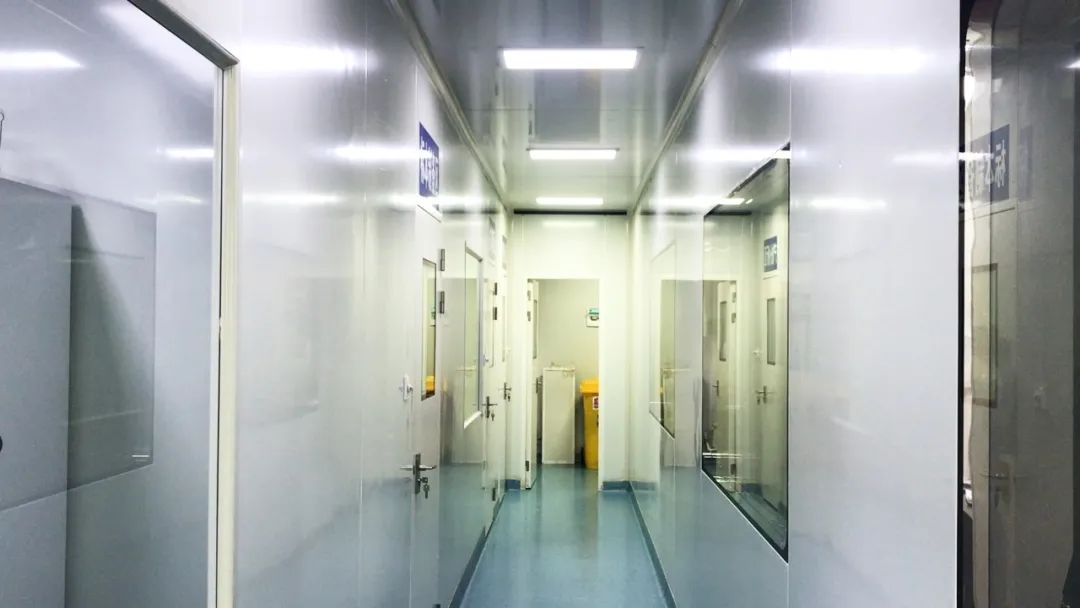
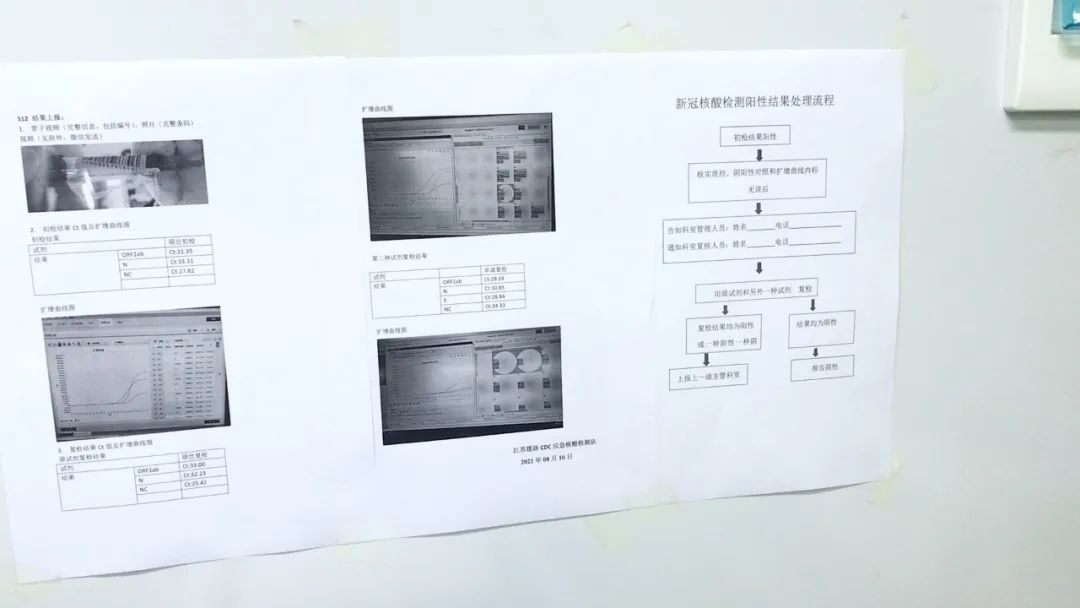
From a throat swab collection to the nucleic acid test report on the phone, what has gone through in between? Let us go into the COVID-19 Nucleic Acid Testing Laboratory of the Medical Laboratory Department of Bei’an First People’s Hospital, and follow the medical staff to reveal the whole process of nucleic acid testing.
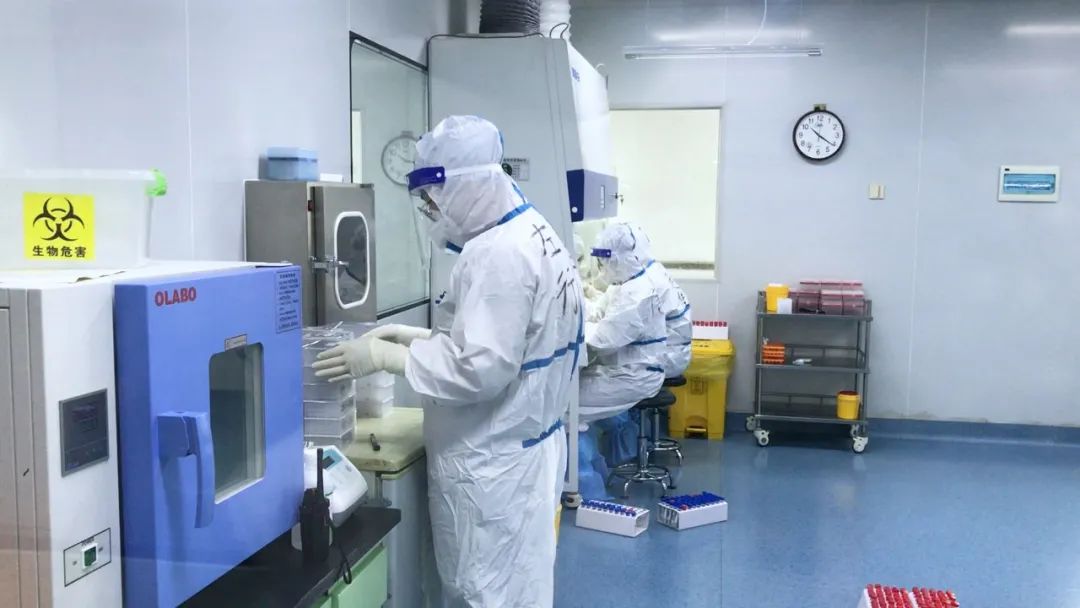
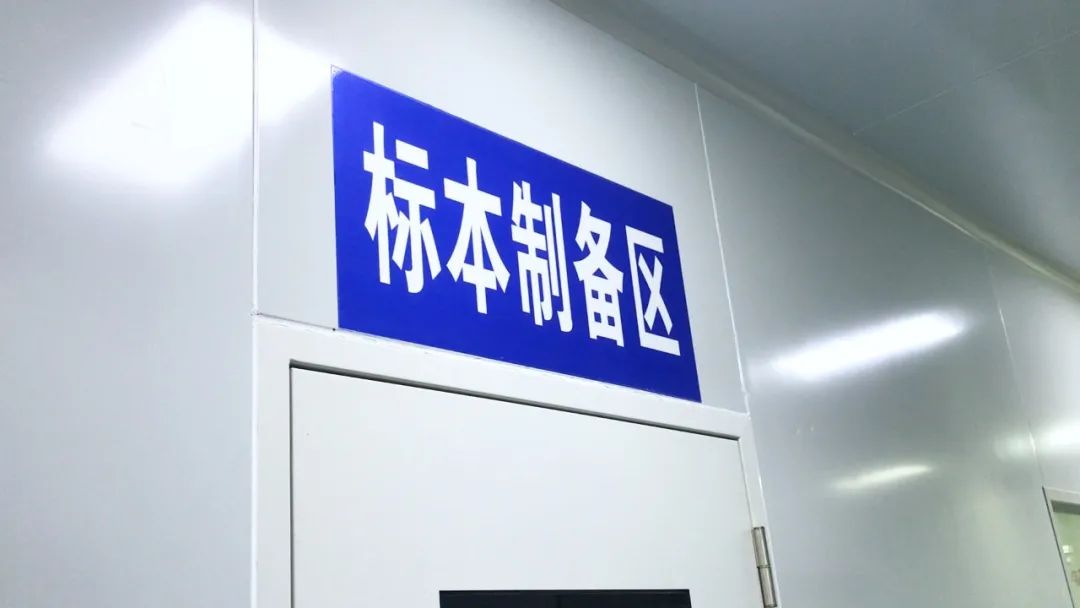
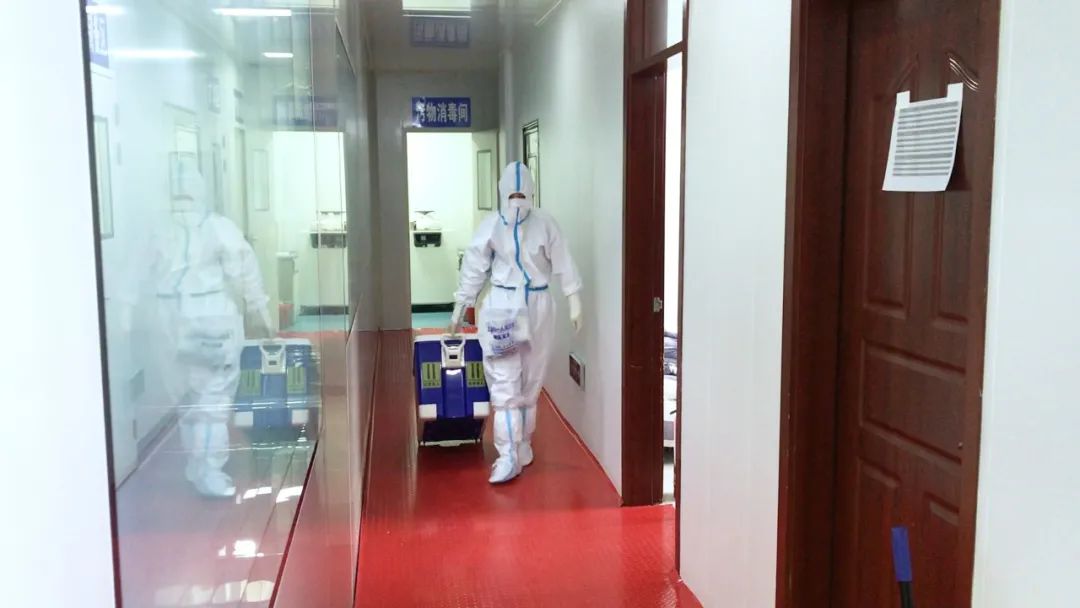
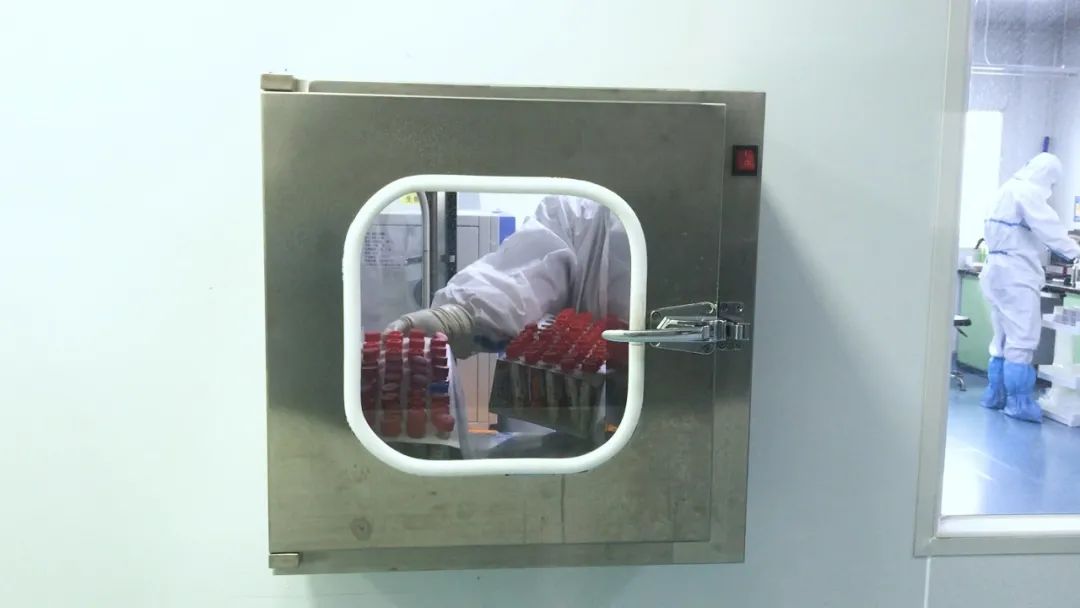
First of all, the sampling personnel need to wear a full set of protective measures such as medical protective masks, goggles, isolation gowns, double-layer gloves, and waterproof boots for specimen collection. After collecting the throat swab of the subject, the sampling personnel immersed the swab head in the virus preservation solution to prevent the degradation of viral nucleic acid.
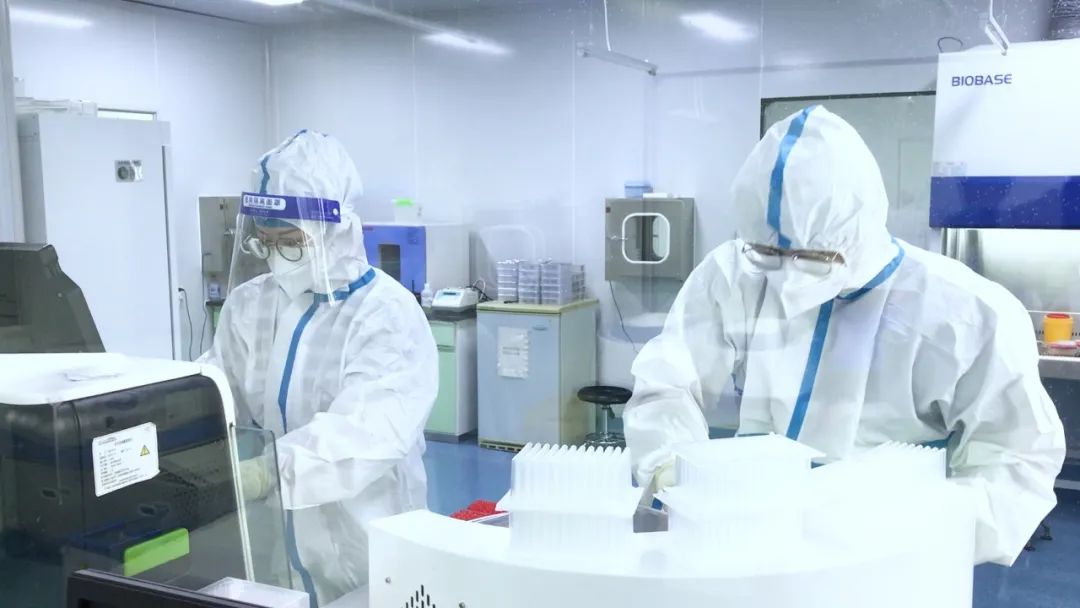
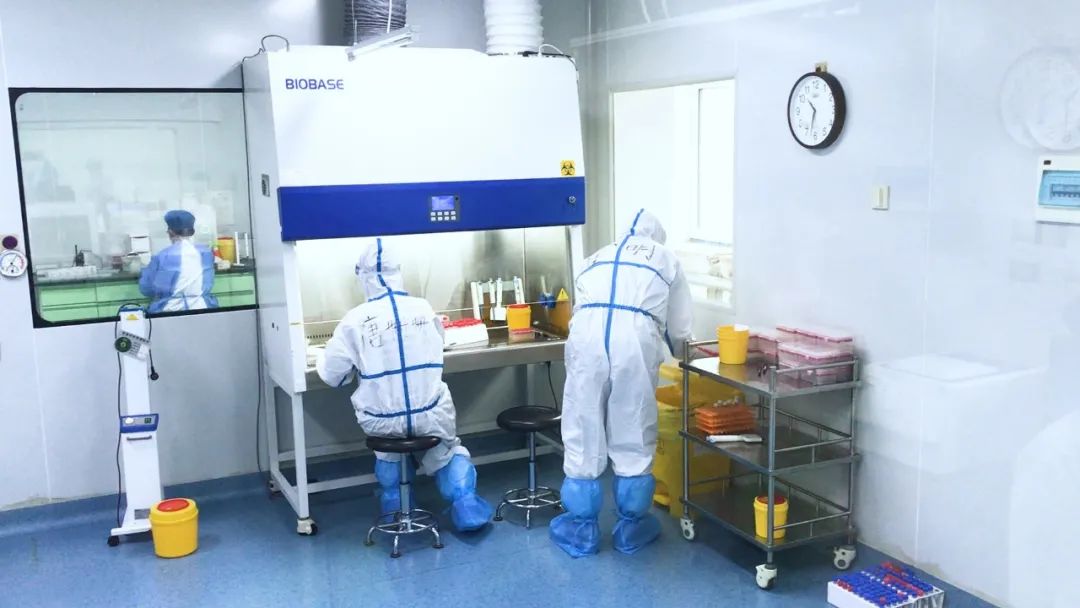
Secondly, the virus must be inactivated after checking the test specimens. When the specimen arrives in the laboratory, the specimen needs to be shaken and mixed to make the cells collected on the throat swab fall off.
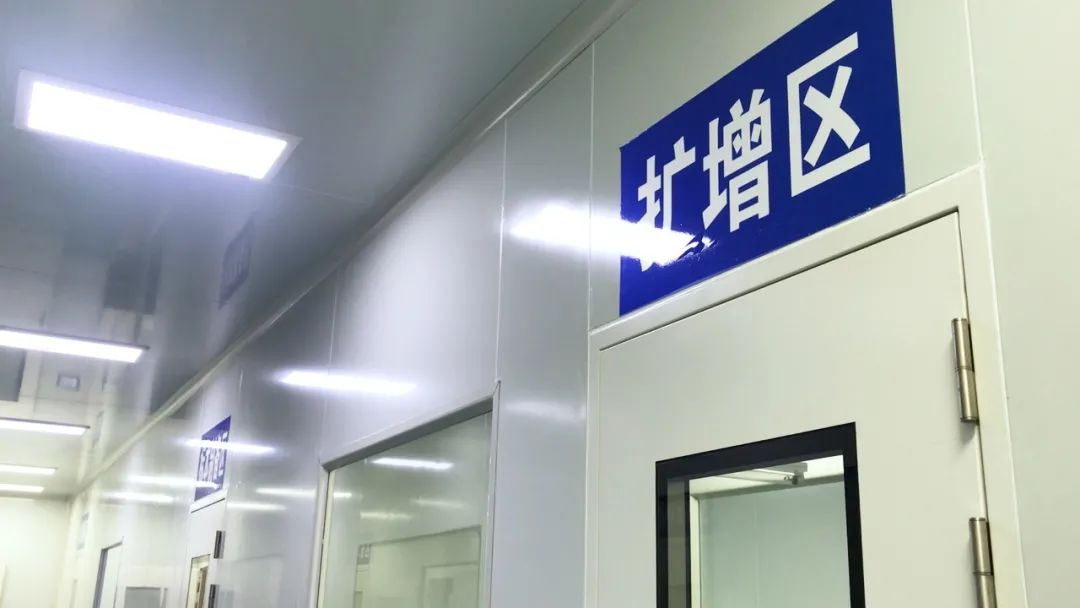
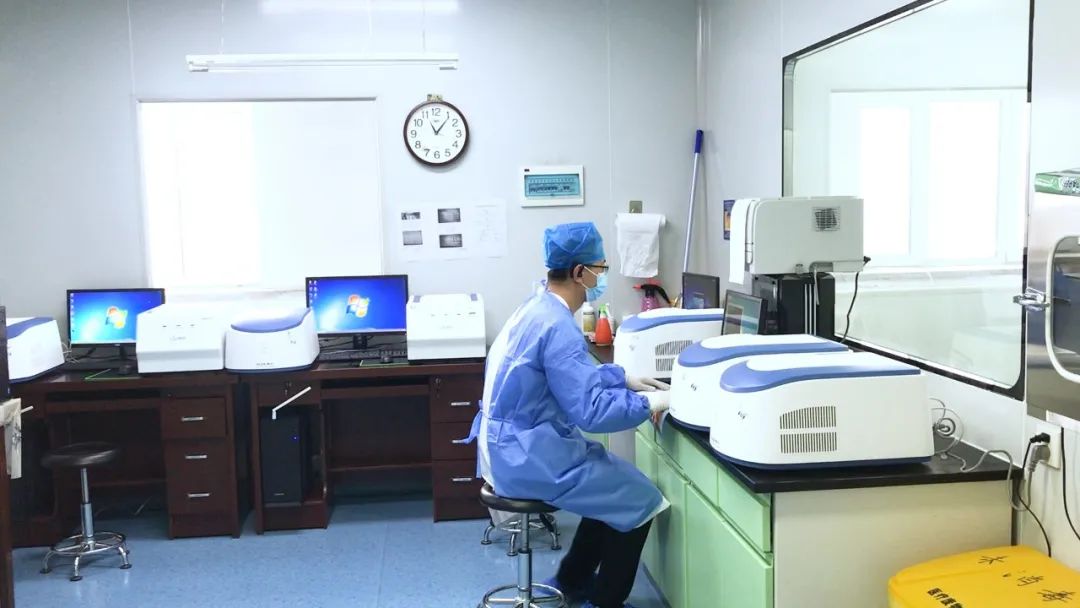
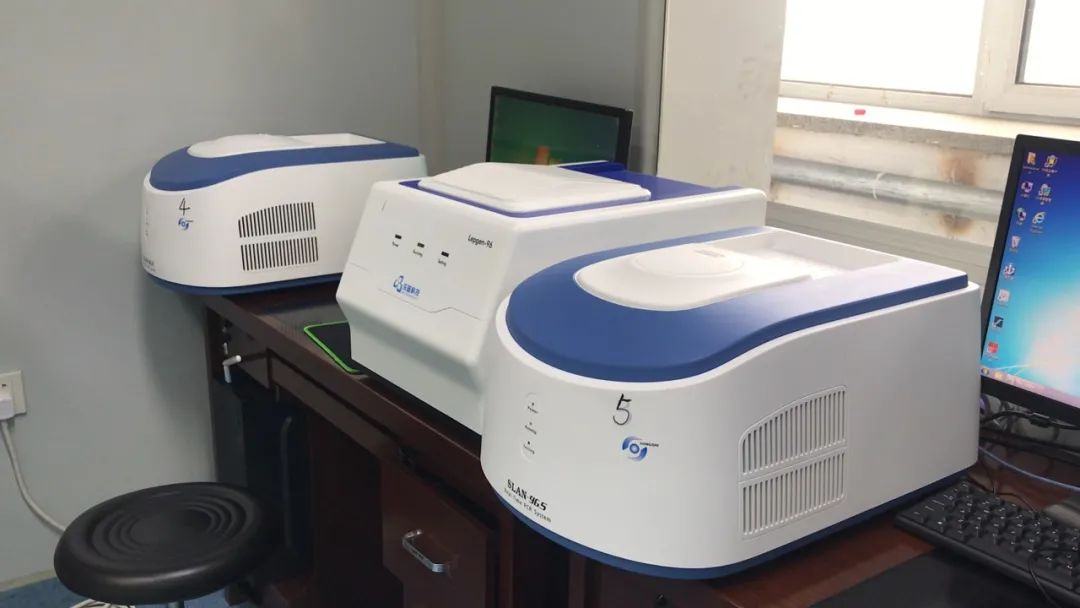
Then, the inspector extracts the nucleic acid from the specimen before it can be amplified and interpreted. Each sample must perform such a set of actions. In order to avoid mistakes and prevent cross-contamination, the inspectors need to be highly focused. Add all the extracted nucleic acids to the amplification reaction solution and put them into the thermal cycler, edit the specimen numbers of all samples, mark the positions of the positive and negative control wells, and select the corresponding procedures to start the amplification process.
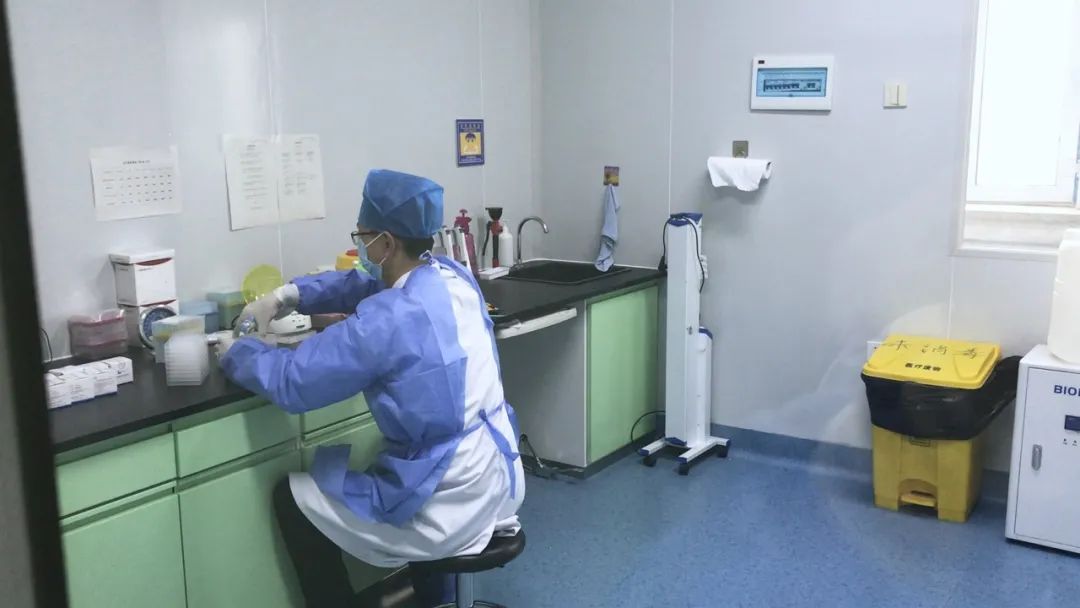
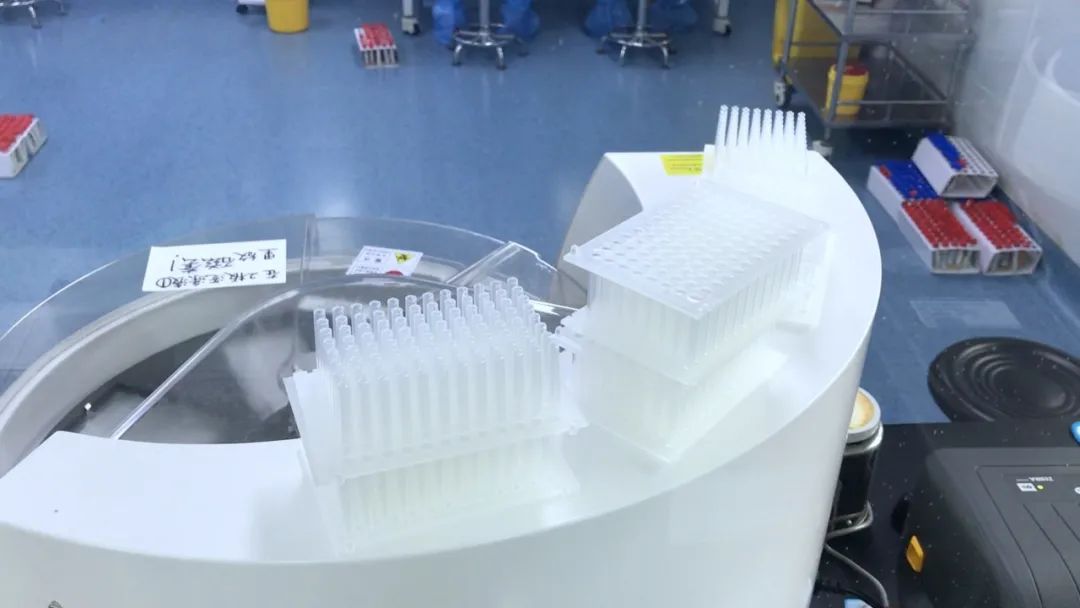
In addition to the above steps, quality control is also required. In each test, the staff needs to add negative control, weak positive quality control, positive control, etc., to test the quality of the whole process of the test, to ensure the reliability and accuracy of the test results.
Source: I am Beian





























